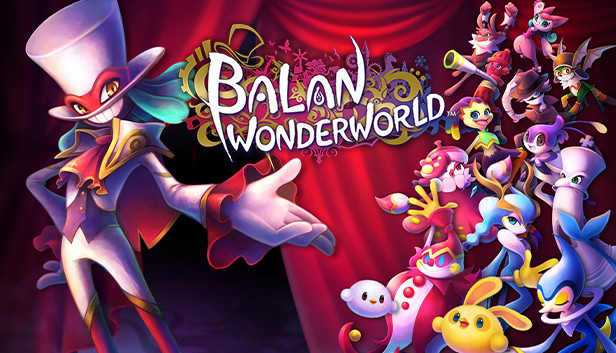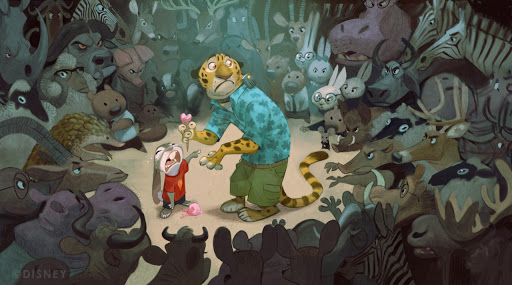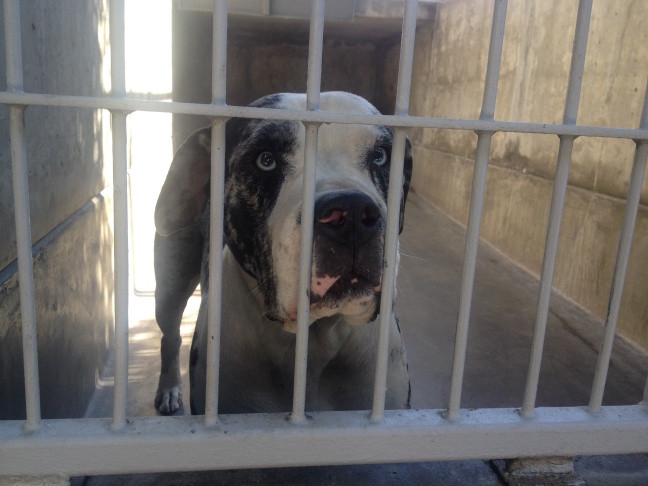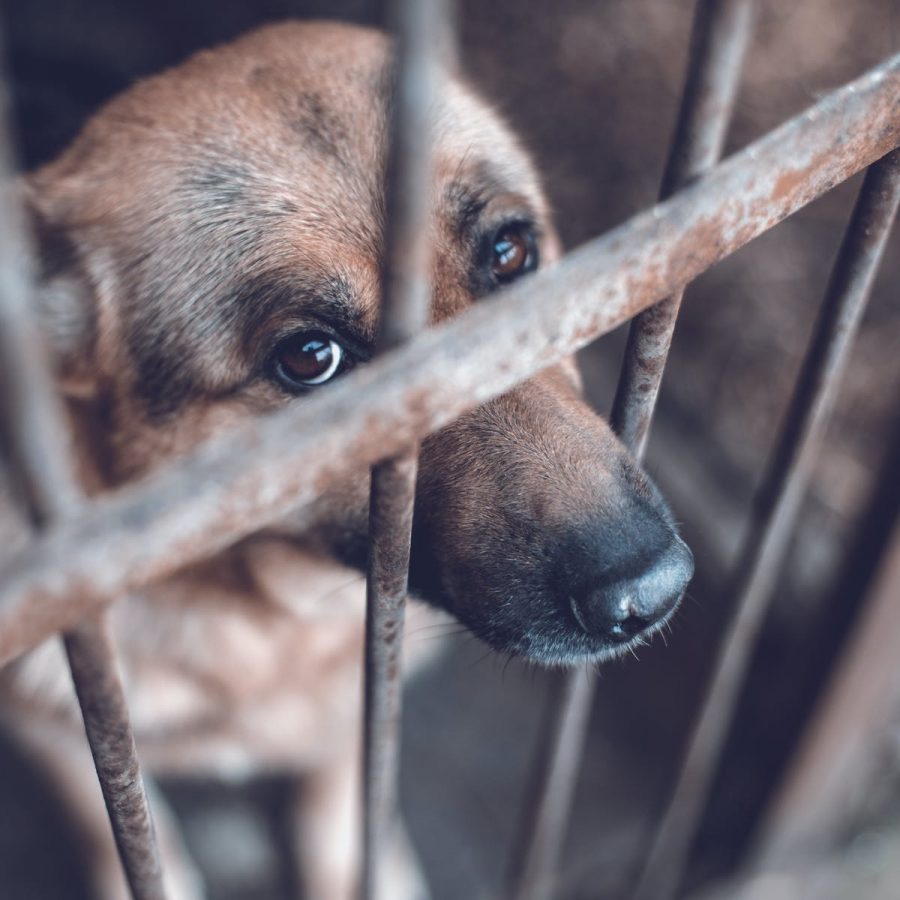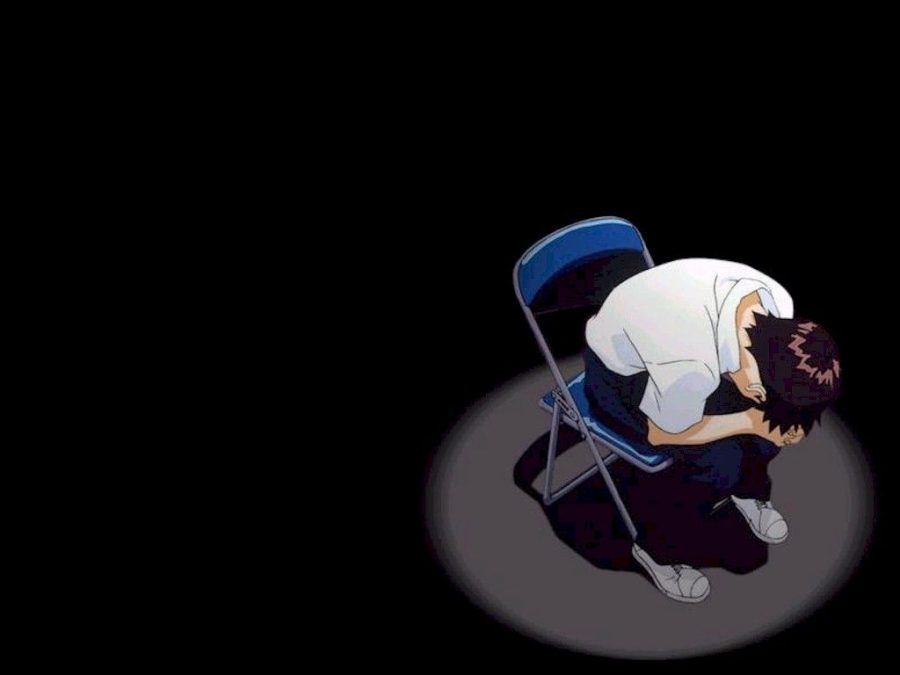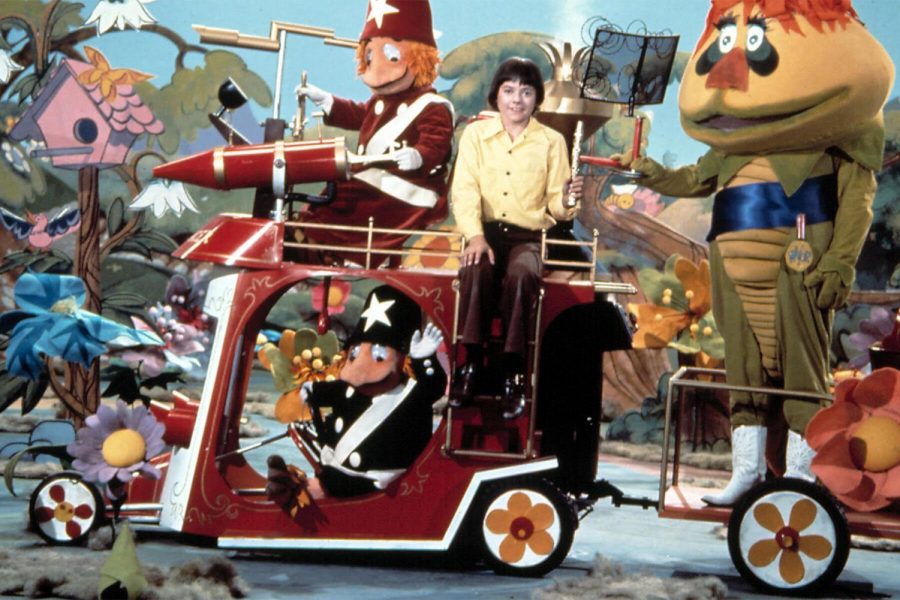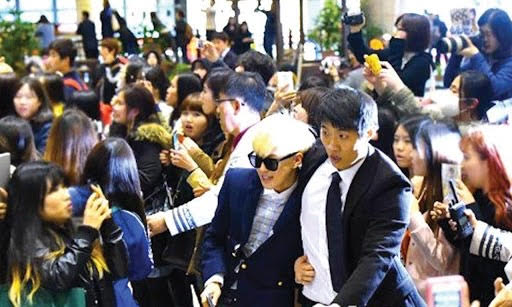
Para-social relationships have existed since the beginning of celebrity media consumption, coupled with the rising popularity of influencers on Twitch, Instagram, and Twitter. Especially since the beginning of the Internet, these one-sided relationships have only grown more in numbers. They have resulted in serious cases, where those who become involved with influencers or celebrities have often committed violence amongst those who they follow out of pure devotion.
Other cases have resulted in harassment that often leads those of influence to start safeguarding the media that they produce. Often what many do not seem to understand is that those who supply your media and your entertainment are not your friends. However, due to the way that certain programs are built, such as Twitch for example, it creates an easy illusion of an environment where it effortlessly emulates a dynamic of friendship.
This occurs because of the easy access between that of the streamer and the chat where the audience responds. Therein lies the problem, because those who continue to watch and consume the media begin to twist it into their idealized version of a real relationship, creating a close connection between that of an unknown creator and an obsessed fan.
The problem with para-social relationships is that sometimes creators reinforce these relationships, either intentionally or not, in order to generate more views. However, this has also been known to endanger their lives.
A notable example of this involved a YouTuber known as “Dream”, best known for his growing fanbase when it comes to Minecraft and other games. Dream had knowingly leaked out his phone number to his fans and had excused obsessive behavior multiple times for the sake of his growing user base. Due to this, on more than one occasion, he has received explicit messages and has even been doxed by his own fans. Many of these viewers had become obsessed with Dream, and the phone number only added to the illusion of a false friendship.
The problem with para-social relationships is also the lack of self-consciousness that fans and followers especially hold against creators. They may subject themselves to extreme lengths of emotional obsession, all while being unaware of the fact that creators cannot connect with them on either a physical or emotional level.
Many examples can be linked back to fans of popular K-Pop celebrities, called “sasaengs”. Overtime, because of this course of continuous obsession, many of the group members of certain K-Pop bands have been subjected to cases of harassment. Some sasaengs have gone to such extreme lengths, starting from theft, all the way to attempted kidnappings, bomb threats, and even trespassing in homes.
Likewise, the problems don’t end there. Often when para-social relationships involve an underaged influencer or streamer, the descent into illegality becomes a much more serious issue. This is especially important as we live in such an age where certain forms of media and platforms are easily accessible by children, who often tend to easily navigate through the internet, better than most adults and parents may believe.
Many streamers, who are between the ages of 14 and 17, have reported disgusting comments by that of adults, and they have even been coerced to participate or partake in illegal practices, primarily that of a sexual nature. This, coupled with the easy access between streamers and their audiences, creates a wider gap of accessibility, compared to that of popular celebrities.
 At the end of the day, many people forget that celebrities and content creators are all human beings, and they are just as prone to being preyed upon, if not more so, than the average person. With how much obsession-based culture has exploded in the past few decades, the constant connection we have towards the internet, that surrounds us at every moment of the day, is dangerous. It is difficult to assume that someone that we may all think cares about us will truly do so in real life.
At the end of the day, many people forget that celebrities and content creators are all human beings, and they are just as prone to being preyed upon, if not more so, than the average person. With how much obsession-based culture has exploded in the past few decades, the constant connection we have towards the internet, that surrounds us at every moment of the day, is dangerous. It is difficult to assume that someone that we may all think cares about us will truly do so in real life.
We tend to see ourselves in others and consume content made by people who are most like us. Some people may begin to place these other average people on a higher totem pole than even their own friends or family members.
Overall, para-social relationships are the danger that occurs when those who tend to fantasize the most expect creators to meet all of their needs and expectations, and they may still feel as if it is not enough. It is a feeling that we should be careful not to overstep, especially when it comes to the boundaries of other people. We should always protect those whose lives are more easily endangered, due to their lives being set on display for all to see.






